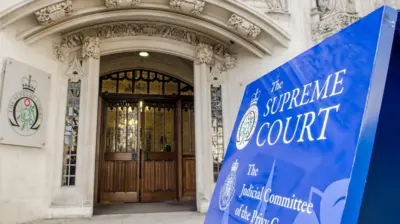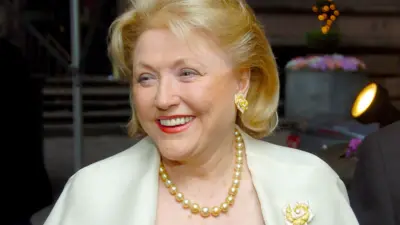We've updated our Privacy and Cookies Policy
We've made some important changes to our Privacy and Cookies Policy and we want you to know what this means for you and your data.
Giants of French history: Jules Ferry and Marie Curie
France's new President, Francois Hollande, is singling out two important figures from French history on his first day in office. Jules Ferry was foreign minister in the 1880s, but better known as the founding father of modern French education. Marie Curie was a world-renowned Nobel prize-winning chemist.
Top Stories
Jules Ferry (1832-1893)
Jules Ferry is best remembered for making education "free, secular and compulsory" in the French Third Republic but he is also known for his policies in extending France's colonial empire.
As mayor of Paris under the Prussian siege of 1870, Ferry had the unpopular task of imposing food restrictions on the city's population.
Top Stories
But it was in 1879 that he became part of the republican government of Jules Grevy, creating public primary schools and training secular teachers for them. In 1881, education became free and, the following year, secular and compulsory for children, both girls and boys, aged 6 to 13.
It was after his work in reforming education that he took on the role of foreign minister and adopted a policy of colonial expansion. He set up French protectorates in Tunisia and what is now Vietnam and extended French influence in Africa.
Top Stories
His statement that "superior races... have the duty to civilise inferior races" continues to blight his reputation in French history.
Ferry's unpopular colonial policies prompted his resignation and his somewhat awkward role in French history has prompted commentators to question why France's new president has chosen to lionise him.
Former French education minister Luc Ferry complained that his namesake's colonising ideology was founded "on a truly racist theory". Just as he thought it necessary to educate children, "his idea was that it was necessary to educate Africans," he said.
Marie Curie (1867-1934)
A Polish immigrant, Marie Curie was awarded first the Nobel Prize for Physics with husband Pierre and then the chemistry prize on her own in 1911. She was the first woman to be enshrined in the Pantheon in Paris in 1995, France's memorial to its greatest figures.
Born Marie Sklodowska in Warsaw, she studied physics and mathematics in Paris, where she met Pierre Curie and worked on radioactivity. It was their discovery of polonium and radium that earned them the Nobel Prize in 1903, along with Antoine Henri Becquerel.
After Pierre's death in 1906, Marie became the first woman to teach at the Sorbonne. The couple's work was instrumental in the development of X-ray and during World War I she used the new technology to help treat wounded soldiers. She also became head of the Red Cross's radiological service.
In 1995, President Mitterrand paid tribute to her as "the first lady in our history honoured for her own merits."
Top Stories
More to explore
Most read
Content is not available








